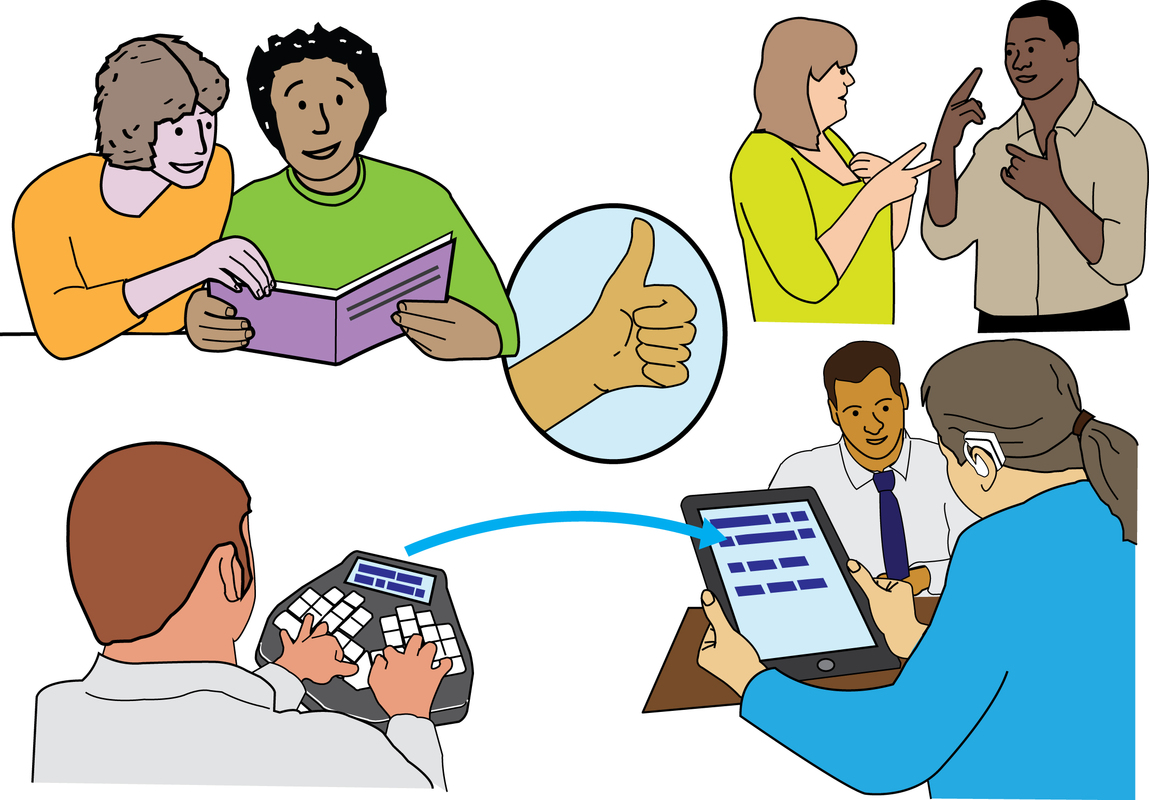
Accessible Information during COVID
Public services have a duty to provide accessible information and disability related adjustments. The Accessible Information Standard has made a difference where it is used. This is a law which aims to make sure that Disabled people are given information they can understand and the communication support they need.
In our opinion, the government did not follow the law on accessible information during COVID. Many other people felt the same too.
People First and Learning Disability England worked together to support self-advocates to lead a campaign about the importance of accessible information.
A lot of community and self-advocacy organisations had to produce accessible information. They did this even though it wasn't their responsibility and they didn't have the resources.
Over 300 signatories were gathered over a short period of time in October 2020.
Download the Accessible Information Campaign Letter here

The Mental Capacity (Amendment) Bill 2019
In 2018 People First sent out information about the proposed amendments to the Mental Capacity Bill to members and let them know that People First was asking for accessible information about the Amendment Bill so there could be meaningful consultation.
Andrew Lee met with Stephen McParkland MP on 05.02.19 to discuss the amendment to the right for advocacy in the Bill (when the Bill was going to the House of Commons). As a result of the meeting, Andrew was able to ask a question in parliament asking the government if it had plans to include ‘a right to advocacy’ in the Bill.
Due to the speed that the Bill passed through parliament (24 hours) the Bill went back to the House of Lords ‘hardly changed’. People First also looked to find Peers who would be able to support the request.
People First lobbied for:
- The right to accessible information throughout the process
- Meetings with the Department of Health and Social Care to pressure for proper consultation with people with learning difficulties.
- People with learning difficulties to be part of the Reference Group that will write the Code of Practice for this law.
People First requested Easy Read information about the Bill when it was going through parliamentary process from the ‘sponsor’ of the Bill and got no response. As this did not comply with their legal obligations, Inclusion London asked People First if they would support an individual taking action.
Christine Spooner, People First Chair agreed to take action as an individual with the support of People First and Inclusion London. Meetings with Inclusion London and the solicitor Louise Whitfield, partner from Deighton Pierce Glynn have taken place to prepare. EHRC were paying for the solicitor to do the work.
As a result of the action and legal advice, People First got the the ‘User-led Liberty Protection Safeguarding Code of Practice’ set up.
Andrew Lee attended the Liberty Protection Safeguarding Code of Practice workshop on 05.11.19.
In March 2020, we were informed by Deighton Pierce Glynn that EHRC would no longer support this case.
In June 2020 People First wrote to EHRC. See the letter here
In July 2020 EHRC sent their response, which you can see here
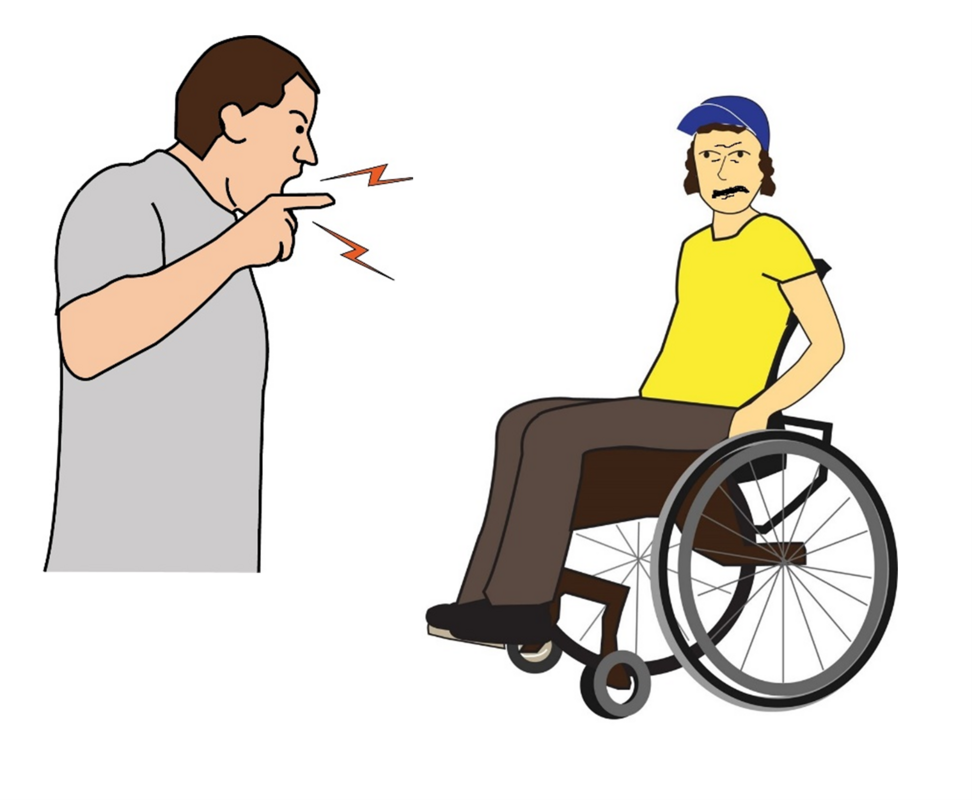
Disability Hate Crime
A disability hate crime is when the crime is carried out because the person doing it has negative beliefs about disability. People First have campaigned in the area of Disability Hate Crime because of our own experiences and members' experiences of hate crime. We also hear about it through meetings, conferences, the news and research and project reports.
People First is a member of the Hate Crime Partnership hosted by Inclusion London. It is a five-year project that started in 2018 that aims to build capacity and raise awareness of Hate Crime against Disabled people. People First produced the Easy Read version of the 2019-2021 Hate Crime Partnership report.

Cuts and Welfare Reform
People First has campaigned against cuts and changes to support and services. This is because they have affected Disabled people in an unfair way.
In 2015, People First conducted its own research through the Cuts Impact Action Now project, which was funded by Trust for London. We looked at what impact both local authority and national cuts were having on local people with learning difficulties. We conducted 35 in-depth interviews with people with learning difficulties, 3 focus groups, and 3 interviews with local service managers. The aim of this research was to look at people as a whole, seeing what the full impact was of all of the changes that were happening.
People First worked together with Barnet People’s Choice at Barnet Centre for Independent Living on the project, which was funded by Trust for London.
The final report was launched at Inclusion Barnet's Annual General Meeting (AGM) in January 2016.
You can download the full report and the summary report here
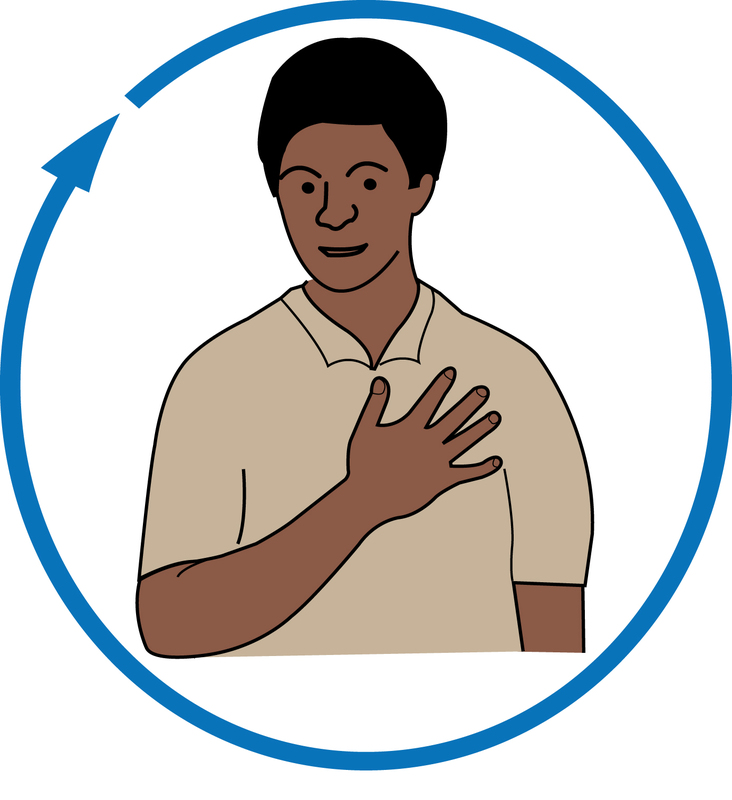
Independent Living, Choice and Control
People with learning difficulties have hopes and dreams to live independently like everyone else. However there are many barriers that mean we can’t do this, such as:
- Not enough of the right housing
- Not enough support or advocacy in the community
- Not enough accessible information
- Not enough money to pay for the care and support that people need
All of the campaigns that we work on push for more choice and control for people with learning difficulties and the right to independent living.
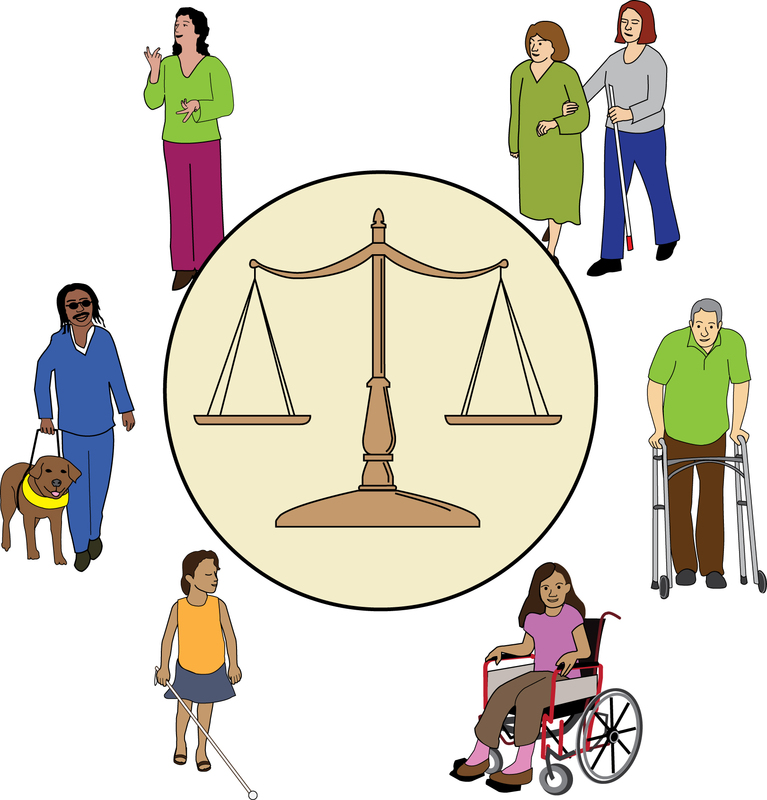
Equality Act 2010 and Disability Select Committee
In October 2015, Andrew Lee was invited to give evidence at the Equality Act 2010 and Disability Committee at the House the Lords. These are called Select Committees and this was an Oral Evidence session.
Select Committees are a group of ministers or lords who come together to check and report on different things.
They asked Andrew to give information about how well the Equality Act 2010 was working for people with learning difficulties.
Click here to hear what Andrew said.
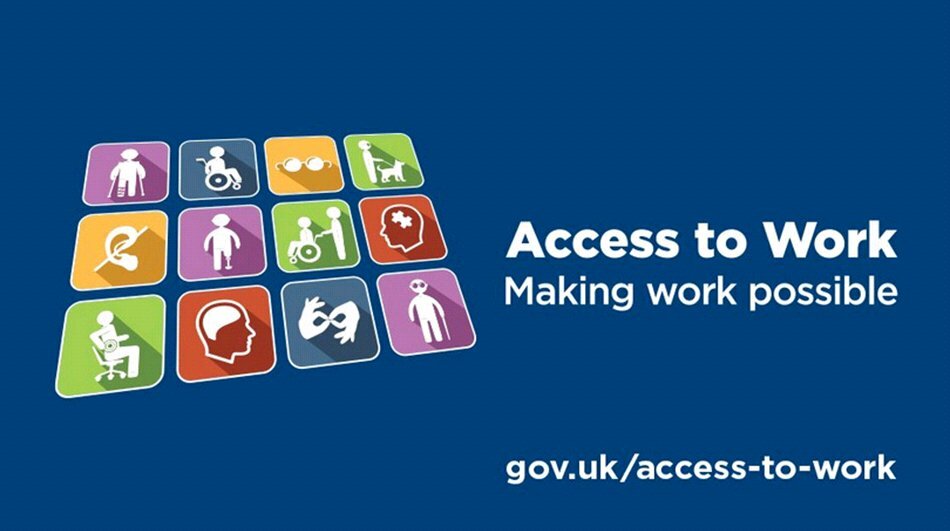
Employment
In 1999 People First was successful in getting the DWP to understand and accept that people with learning difficulties should be able to apply for Access to Work to get the support they need in their work.
In May 2014, the government did a consultation, asking for information and examples of how well Access to Work was working. We used case studies from staff at People First and information from member groups and sent this information to the Work and Pensions Committee.
In September 2015, we joined the Stop changes to Access to Work campaign group. Ray Johnson went along with other activists to hand in a petition at Downing Street. He also did a speech in front of hundreds of disabled campaigners, who were all there to protest about the unfair changes to Access to Work.



